Account Login
- Home
- Mobiles
-
- News
-
All news
Latest news

Jan 25, 2026 /
Realme Neo8 Launches with Snapdragon 8 Gen 5 & 8000mAh
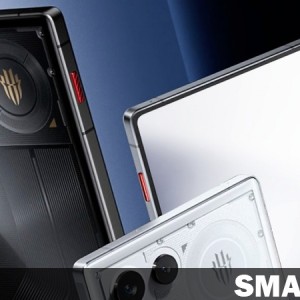
Jan 15, 2026 /
RedMagic 11 Air Design, Display & Colors Revealed

Jan 12, 2026 /
Realme Neo8 Specs Leak: 165Hz AMOLED, Snapdragon 8 Gen 5

Jan 12, 2026 /
vivo Y500i Launched with 7200mAh Battery and 120Hz Display

Jan 12, 2026 /
Honor Magic8 RSR Porsche Edition Launch Date Revealed
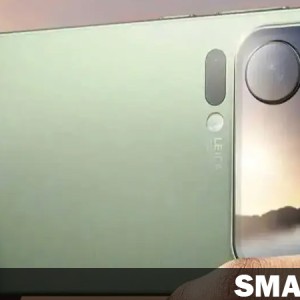
Jan 12, 2026 /
Xiaomi 17 Max Leaks Reveal Massive 8000mAh Battery
-
- Reviews
-
All reviews
Latest reviews

Jun 14, 2024 /
FreeYond M5A : A New Name in Budget Mobile
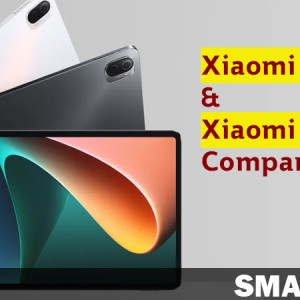
Apr 23, 2023 /
Xiaomi Pad 6 vs Xiaomi Pad 6 Pro Comparison
-
- Other
- Contact Us
Top 10 Smartphones
| Device | Total hits | ||
|---|---|---|---|
| 1 |
| 47285 | 2 |
| 35858 | 3 |
| 33813 | 4 |
| 29214 | 5 |
| 26839 | 6 |
| 24739 | 7 |
| 23191 | 8 |
| 22765 | 9 |
| 21664 | 10 |
| 21370 |
Best Ratings
Latest News
Latest Reviews
The REDMI NOTE 11 series comes with the same failing Proximity sensor
Feb 01, 2022 Chathura Prabhaswara Gamage News 2512 hits
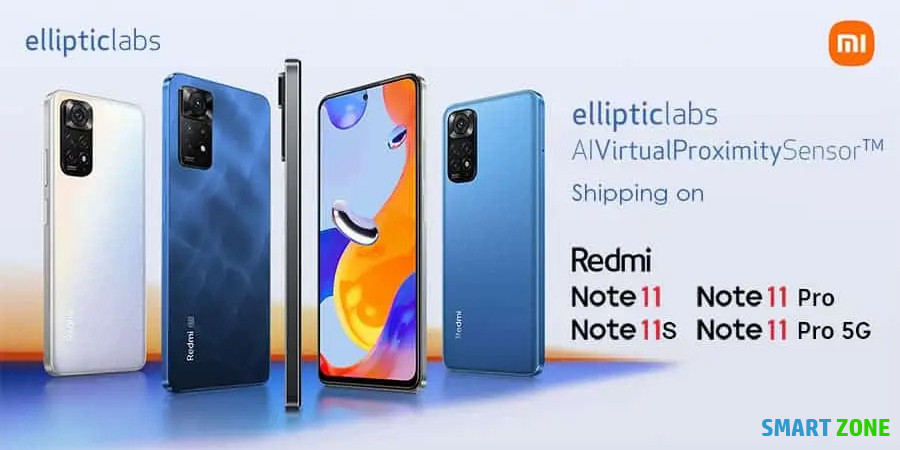
The proximity sensor is small, but its value is large for the device. However, Xiaomi is failing with this on his smartphones. And this problem has accompanied the company's facilities for more than a year. Xiaomi announced last year that it is committed to getting rid of the problem. However, there is a possibility that the Note 11 range will continue to suffer in the global market; due to malfunction of the proximity sensor.
It turned out that the company had installed proximity sensors from the Norwegian company Elliptic Labs in the Redmi Note 11 smartphones. Experts have blamed these sensors for causing Proximity sensors to malfunction. Xiaomi announced last year that it would abandon the Elliptic Labs solution in favor of proximity sensors from Minghao Sensing.
However, at a time of scarcity and the need to optimize costs, Xiaomi re-installed the problematic sensor in the Redmi Note 11 smartphones. And she took this step consciously to save money and avoid increasing the price of the equipment. In this situation, consumers can only hope that Elliptic Labs' virtual intelligence virtual proximity sensor can handle its responsibilities.
THE REDMI NOTE 11 SERIES COMES WITH THE SAME FAILING PROXIMITY SENSOR
And here we can read the official statement :
"Xiaomi has been using Elliptic Labs' reliable technology and has trusted it since 2016. Xiaomi begins this year with the introduction of our virtual intelligence sensor based on artificial intelligence in four smartphone models (Redmi Note 11, Note 11S, Note 11 Pro and Note 11 Pro 5G). Replacing hardware sensors with Elliptic Labs' AI Virtual Smart Sensor Platform software enables cost-optimized innovations and solutions that are friendly to people and the environment, while eliminating ongoing supply chain risks. This makes Elliptic Labs an ideal partner for global smartphone manufacturers like Xiaomi. ”
And here is the description of the functionality of the virtual proximity sensor:
Elliptic Labs' Virtual Intelligence Proximity Sensor turns off the smartphone display and deactivates the touch screen features when users hold the device to their ear during a phone call. Without this proximity detection capability, the user could accidentally initiate unwanted actions during a call, such as hanging up the handset or dialing a number during an ongoing call. Auto-off screen also helps save battery power. Proximity detection is a basic feature used in all smartphones on the market today. Elliptic Labs' Artificial Intelligence Virtual Proximity Sensor provides robust proximity detection without the need for a special hardware sensor























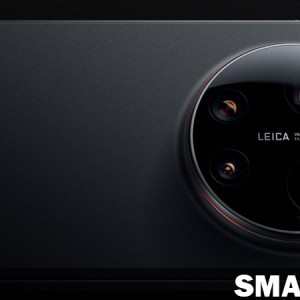
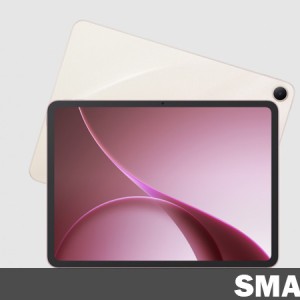



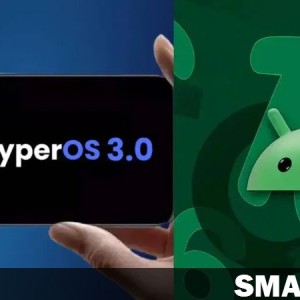
Leave a comment: